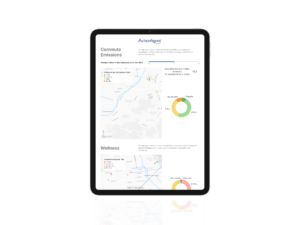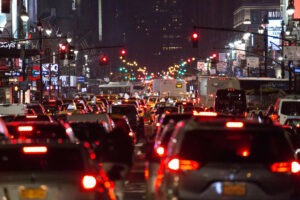 Photo by Rokas Niparavičius on Unsplash
Photo by Rokas Niparavičius on Unsplash
In a major metropolis like Seattle, parking spots outnumber households — specifically, there are over five parking spots in the city per household. Why do we feel like there’s never any parking? That’s because most people will opt to circle an area hoping to find a cheaper spot on the street rather than pay for a parking garage spot (even though garages typically never reach capacity).
With the rate of daily drivers continuing to decrease, these spots become even more valuable in waste. Cities spend millions of dollars on parking garages, so multiply that cost by the number of garages in your city and you’re looking at a multi-billion dollar investment on garages. Many of these expensive structures sit on some of the most valuable land in our country: center city areas with great access to jobs, retail, and dining — which is why many developers and city planners are starting to rethink parking.
 Fortunately, employers have started to do this. A big benefit for employees used to be free or subsidized parking in office garages. While it sounds great to not pay over a hundred dollars on parking a month, this option is a bit outdated and can actually cause more problems than it solves.
Fortunately, employers have started to do this. A big benefit for employees used to be free or subsidized parking in office garages. While it sounds great to not pay over a hundred dollars on parking a month, this option is a bit outdated and can actually cause more problems than it solves.
For one thing, you’re encouraging commuters to drive, with it being the cheapest immediate option (in the long run gas money and insurance costs might end up costing more) your employees are bound to take their cars if they’re too far to walk. This obviously won’t help decrease traffic, which is where you can end up emitting the most greenhouse gases.

And why aren’t commuters getting any benefits? The good news is that this has changed a lot over the past couple of years. Cities like DC are encouraging companies to pay their employees not to drive to work, providing bonuses for those who choose to use any form of mass transit for their commute.
And many people do decide to use public transportation for the simple fact that is can be easier physically, mentally, and at times, emotionally. Yet, businesses will waste money on empty parking spaces, since companies that subsidize parking spaces will rarely fill an entire lot.
We’re not the same car-centric society anymore, which is why rethinking how we create parking lots will help cities become more habitable for people, not vehicles.




